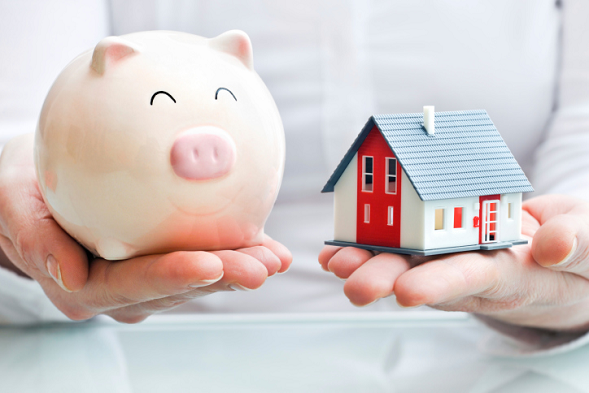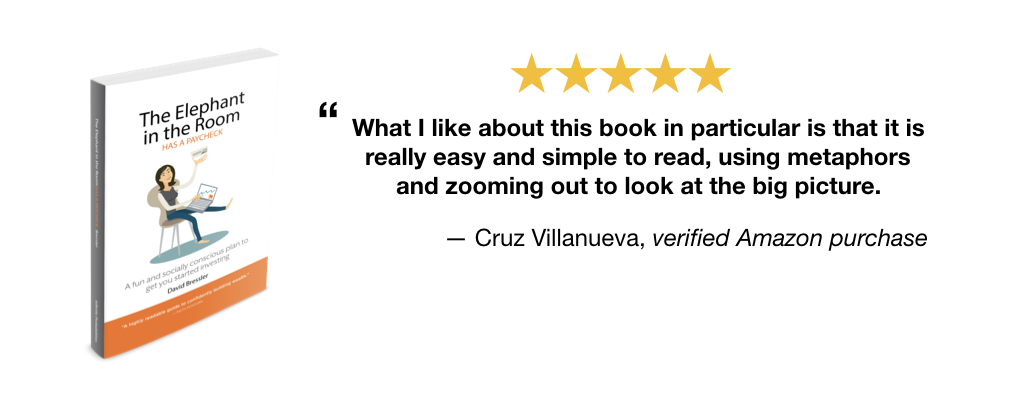While it appears that the economy is well on the way to recovering from the late 2000’s, the housing industry is still far behind.
Millennials, who make up a huge population are back to the pre-recession era unemployment levels of 7.7%. Unfortunately, they haven’t been able to establish themselves as adults in other ways, like owning a home or getting married. (source)
They’re still living at home and delaying getting married.
We all know that real wages aren’t increasing. I believe that real cost of living is growing faster than we measure too (think of college educations, or the addition of ‘necessary’ technology in order to participate in the new economy as examples).
So, they’re earning less relative to their needs. They’re not getting married, which adds some fiscal efficiency before kids are born. And, while it’s always been difficult to save for retirement, it’s not getting any easier.
And, they’re not buying homes.
I have a hypothesis that home buying has always been a measure of forced saving. And while not as tax-advantaged as IRA’s and 401(k)‘s for retirement, because of the long-term nature of mortgages home buying serves as a pseudo-retirement strategy.
The opportunities home buying offer as a retirement strategy mean that people can either live “rent-free” after the mortgage is paid off, or downsize and cash out. They implicitly depend on these benefits later in life. Whether or not they’re acknowledged when they first buy their homes.
What if there’s some sort of freakonomics relationship between home buying and retirement, that we’ll only find out after it’s too late?
What if in 30 years from now, because people aren’t buying homes today the retirement picture is 50% worse than it is today?


Let me know what you think